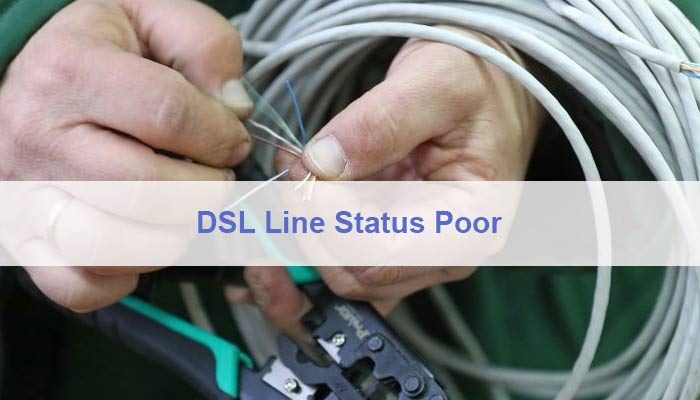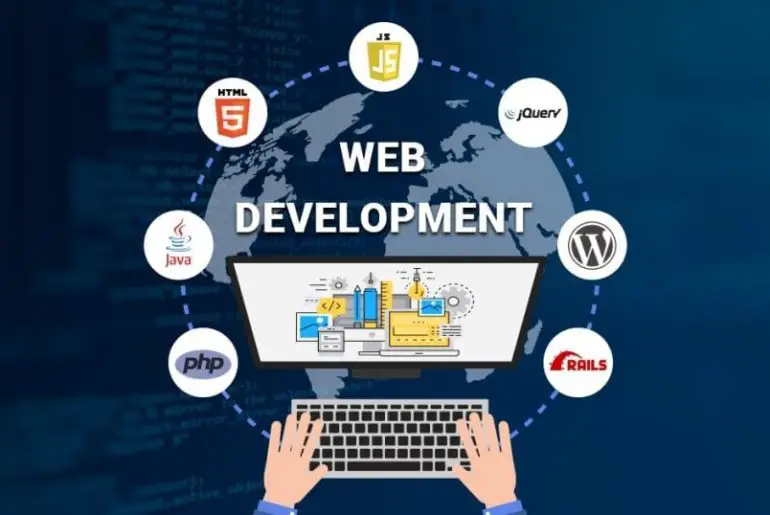With so many different people involved in both logistics and supply chain management, the two terms are often used interchangeably. In many aspects, this interchangeable usage does not result in any confusion and gets the point across.
However, certain key differences differentiate the two terms. If you are a worker in the supply chain sector or you serve in the logistics industry, you must gain clarity on the two.
What Is Logistics?
Logistics refers to the movement of materials, inventory, shipment, and even consumable items from one organization or company to another. It helps to manage the flow of resources.
Logistics is important because it is the bridge between production and distribution. Products are manufactured and sold to consumers. Logistics helps in the transportation of these manufactured products to be sold to consumers.
Inbound Logistics
Inbound logistics refers to all the movement of materials and goods that come to your business from other suppliers and are stored. This is what you would need to make your products and sell them to your customers.
Outbound Logistics
Outbound logistics refers to the movement of goods (usually your finished or manufactured products) that have to be delivered to the customers or other storage facilities from where they will be shipped or handed over to the customers.
Sometimes, rejecting the defective raw materials back to its supplier is also referred to as outbound logistics.
What Is Supply Chain Management (SCM)?
Supply chain management is the flow of products and services across businesses from start to finish. It helps to connect production, storage, transportation, distribution, and sales.

Also, along this entire process, the supply chain manager also has to ensure that the operational and production costs are lower than the maximum retail price. This selling price should be such that the consumers would readily pay.
The advancements in the field of technology have made equipment tracking easy by giving birth to the reliable industrial internet of things (IIoT) and devices like GPS fleet trackers. This has made supply chain management an integral part of the modern-day trading world.
Simply put, supply chain management is an addition over logistics.
Differences Between Logistics And Supply Chain Management (SCM)
Here are five key differences between logistics and SCM that you should know.
Logistics Is A Subset of SCM
Most people treat logistics and supply chain management as side-by-side entities. In reality, logistics is a part of a much bigger process – supply chain management. This is probably the most profound difference between the two.
Supply chain management includes:
- Creating a plan to meet the demands of one or more industries
- Creating and implementing strategies that help succeed in the plan
- Sourcing the required materials, goods, and services
- Producing products and services
- Delivering the manufactured goods across businesses using logistics
- Getting back rejected or defective goods
The Number Of Businesses Connected
SCM connects multiple businesses as opposed to logistics. This, of course, is intuitive, given that logistics is only a part of SCM.
Supply chain management connects all the different types of businesses and organizations involved in getting a product or service out into the commercial world of trade and commerce.
Starting from the collection and sourcing of raw materials for a product, SCM extends to the storage and distribution of those raw materials to various companies that can make use of it.
The companies then use supply chain management to put out their products to reach the distributors. The distributors then spread the products across the regular consumer marketplace to different vendors from whom the general public can buy.
Different Motives
Both supply chain management and logistics function under different motives.
Supply chain management is more focused on giving organizations a competitive advantage by reducing prices, optimizing speed, and maximizing efficiency.
On the other hand, logistics is more of a niche that tackles customer satisfaction with continually improving transportation and delivery management techniques to boost sales for the sellers.
You might be wondering, what is eld, and why is it important? ELDs (electronic logging devices) are a large contributor that enables logistics to function the way it currently does in the US. These devices are necessary for route optimization and accident prevention, two primary motives of logistics.
SCM Is Newer
It may seem ironic that the concept of supply chain management is relatively younger than that of logistics, given that logistics is a part of supply chain management. In fact, this is partly a reason why both the terms are used interchangeably.
Earlier, the world of trade was much smaller than what it is today. Businesses could easily source materials, make products, and reach the end-user.
As technology improved, new businesses emerged that optimized the market place. The gap between the creation of a product and the consumer grew larger. This led to the emergence of the concept of global supply chain management that we see today.
SCM is an improvement of what was previously known as logistics, and logistics, in its conventional form, became a subset of SCM tackling customer satisfaction.
Different Objectives
Supply chain management involves processes that provide value to the firms that cater to its customers, i.e., the end-user. This involves the collaboration between various firms and businesses to reduce the overall operational costs to maximize profits.
At the same time, the objective of logistics is to provide value directly to the end-user. Logistics takes the approach of being customer-centric to maximize profits.
By delivering goods quickly to the right places at the right time, customer satisfaction improves, which later translates into an upward graph in terms of revenue generation for the company.
In Closing
In a nutshell, logistics drives sales, controls stock, oversees the flow of goods, and meets customer requirements.
Supply chain management links various industries, businesses, and organizations into an efficiently performing business model that envisions to provide a highly competitive advantage over other similar businesses.
SCM turns materials into products while logistics turn revenue into profits. Understanding these key differences will help you, as an owner-operator or a fleet manager, to take steps to optimize your business model and strategies.
External factors and constraints led to the emergence of supply chain management, which engulfed logistics. Here’s the another review of redx software for lead generation you might like.









